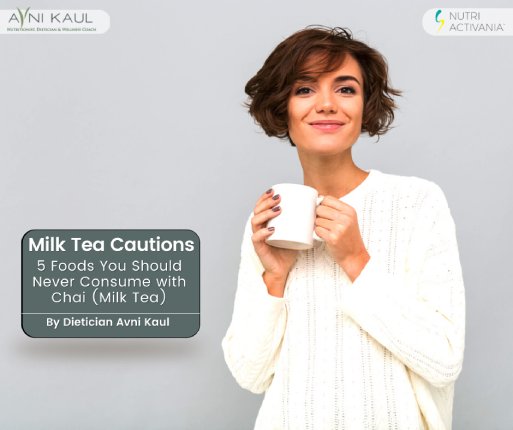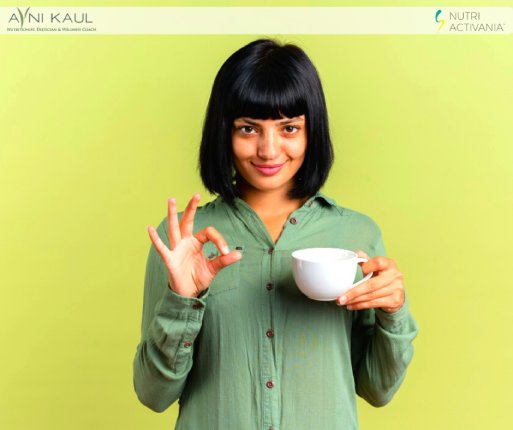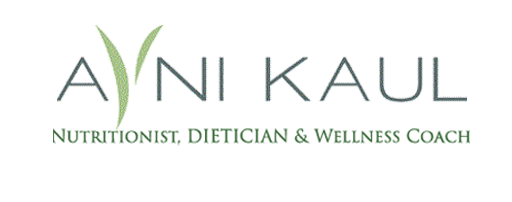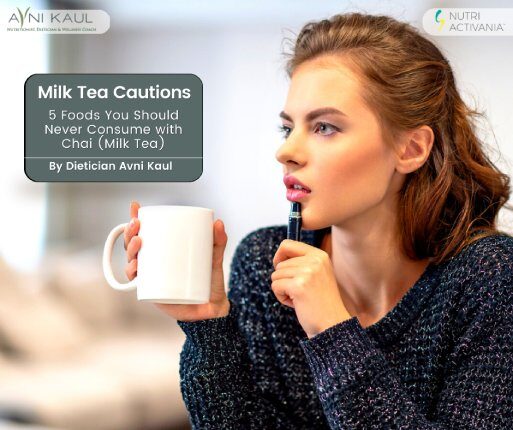Warns India’s Leading Dietician Avni Kaul
A cup of tea is more than just liquid refreshment. It is a special time of comfort and contentment. It is one of the most popular drinks in the world with a history that dates back centuries. Its popularity is due to its diverse range of flavours and its many health benefits. Despite its goodness, there are certain foods that should never be consumed with it.
Top dietician in India Avni Kaul tells us which foods can’t be paired with your favourite milk tea.

Gram Flour (Besan)
Can’t imagine your steaming cup of tea with lip-smacking besan pakora (gram flour fritters)? While you might crave for those tasty fritters on a rainy day, the combination can cause serious digestive problems such as bloating, stomach aches, constipation, and acidity.
Green vegetables
Despite being considered a healthy addition to your daily diet, the high levels of oxalic acid present in green vegetables can combine with the calcium in milk to form insoluble calcium oxalate crystals that can interfere with the absorption of calcium and other nutrients, leading to deficiencies in the long run. Moreover, tea contains tannins and oxalates that inhibit the absorption of iron in the body. Hence, iron content from green vegetables will not get absorbed in the body if taken with tea.
Lemon
Adding lemon juice to green or black tea as part of a weight loss strategy may be popular, but studies have found that this combination is detrimental to your health. It can cause bloating, belching, and heartburn as the acidity of the lemon juice reacts with the tea’s antioxidants. It can also damage the enamel of your teeth.
Turmeric
Despite being known as a superfood, turmeric can be deadly when combined with tea. This is because the active ingredient in turmeric, curcumin, is fat-soluble, and when it is consumed with tea, which contains tannins, it forms an insoluble compound that can be toxic to the body.

Nuts
Tea and nuts are like a match made in heaven. Unfortunately, nuts are harmful when paired with tea. This is because tea contains tannins which can bind to the proteins and fats in nuts, making them difficult to digest. This can lead to digestive discomfort. Additionally, the protein in milk can interfere with the absorption of certain nutrients in nuts, such as zinc and iron, which can lead to nutritional deficiencies over time.
Cold food
Cold food lowers the temperature of the tea due to which flavour of the tea leaves does not come out well. In addition, cold food can easily cause indigestion, which is further aggravated if consumed with hot tea.
Now that you know what foods to avoid with milk tea, you can make a healthier choice while still enjoying a delicious beverage.




